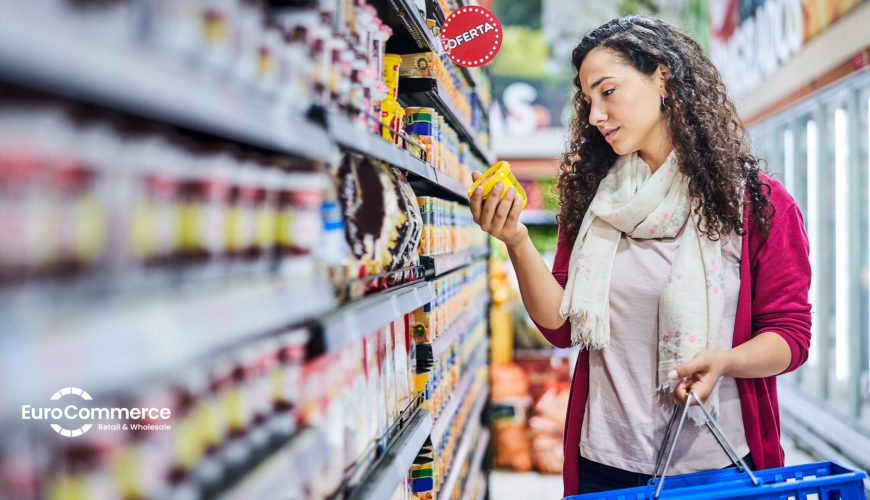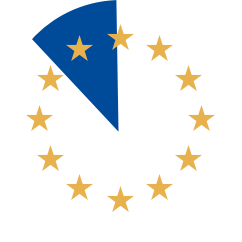European Textiles Global Value Chain Report
Discover our latest report on the European textiles global value chain






Discover the 9 trends we identified for the grocery retail sector and read the report by EuroCommerce and McKinsey.

The first comprehensive report of the nongrocery retail market in Europe

Retail and wholesale sectors lead the charge towards a sustainable future. Discover how our initiatives are transforming retail and wholesale across Europe.

1 in 4 companies in the EU are SME retailers and wholesalers

Retail and Wholesale represents 10% of the EU’s GDP

We provide work to 26 million Europeans, so 1 in 7 of all jobs